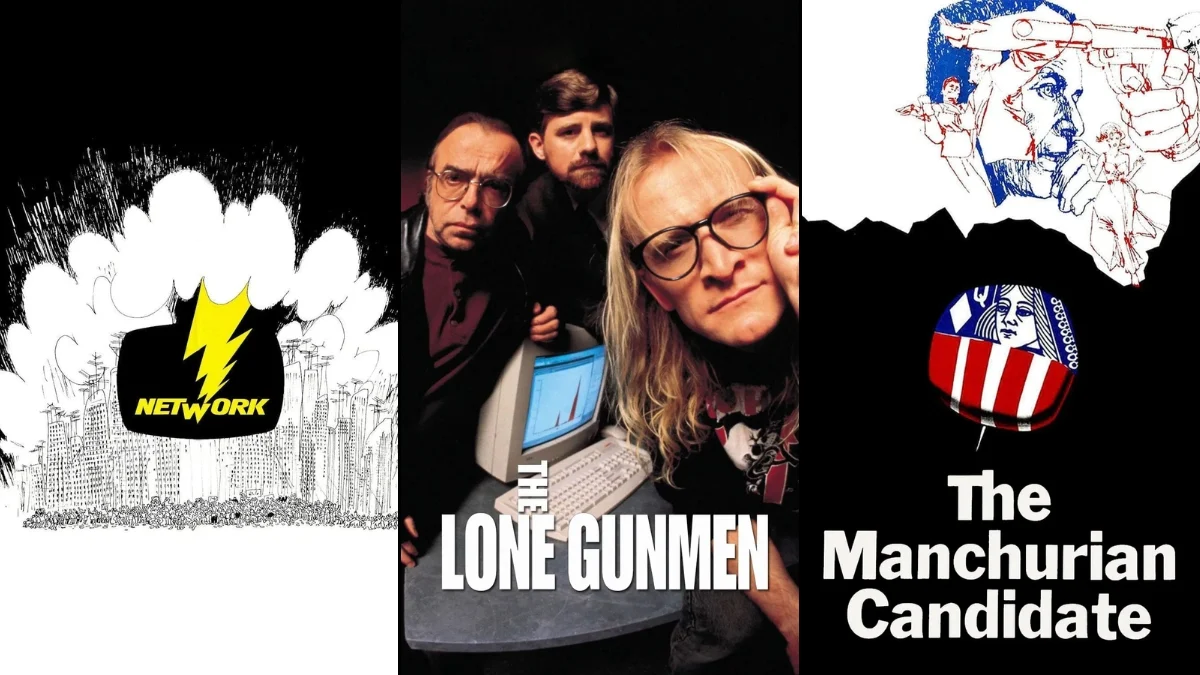
Political thrillers are popular because they build suspense with big risks and intricate plots. To make these stories exciting, creators often take liberties with the truth when depicting government wrongdoing or spying. Interestingly, some of the fictional events shown in these stories have later come true, sometimes with uncanny precision. These films and shows have even seemed to predict major changes in society and specific disasters before they actually happened.
‘The Siege’ (1998)
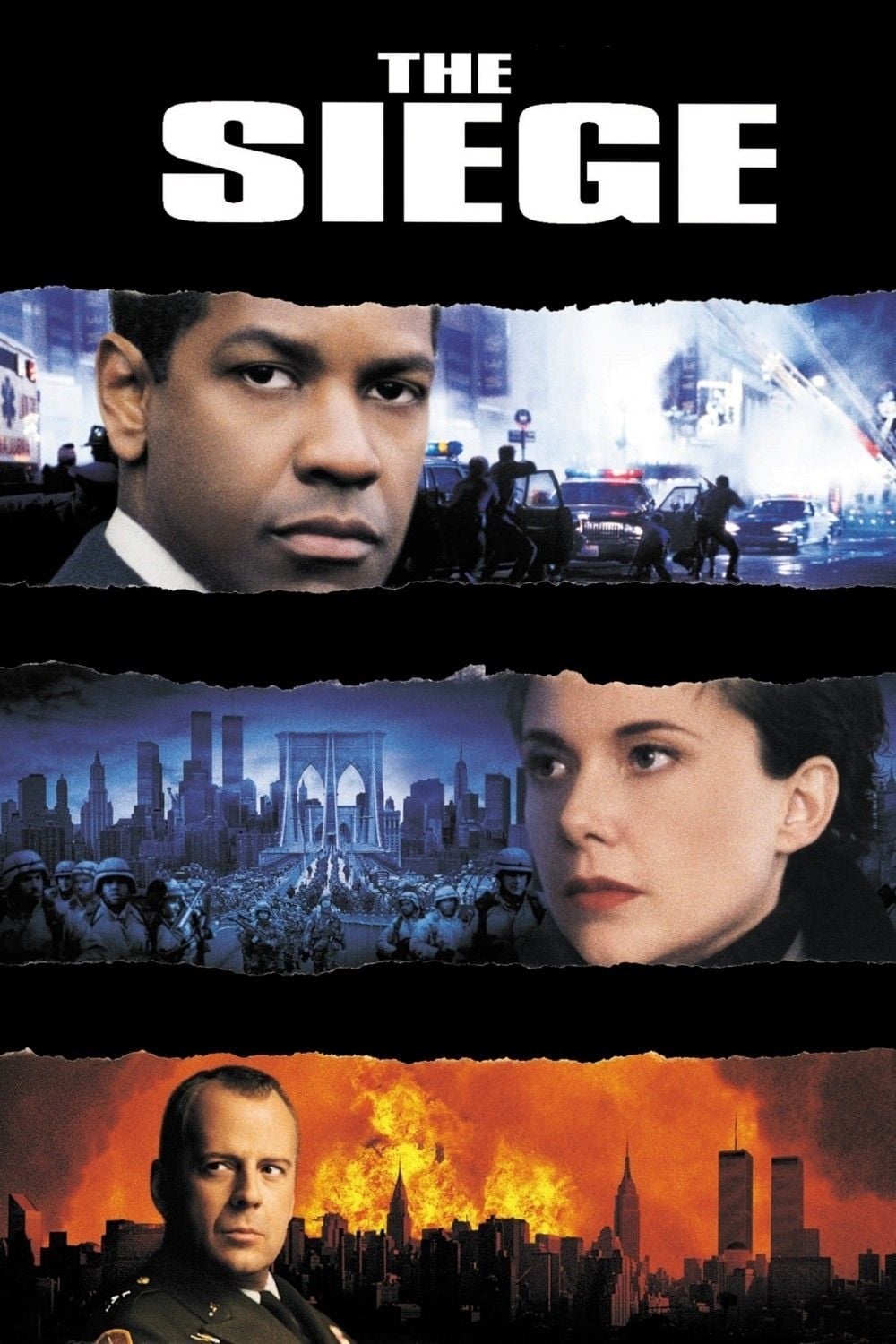
This film, starring Denzel Washington, portrays a terrorist attack in New York City that prompts the government to impose martial law. It shows Arab American men being held in stadiums and sparks a contentious discussion about the use of torture. The story was remarkably similar to the real-world atmosphere and government actions following the 9/11 attacks. When the movie was first released, many critics thought the plot was overly sensational, but events proved them wrong just three years later.
‘The Lone Gunmen’ (2001)
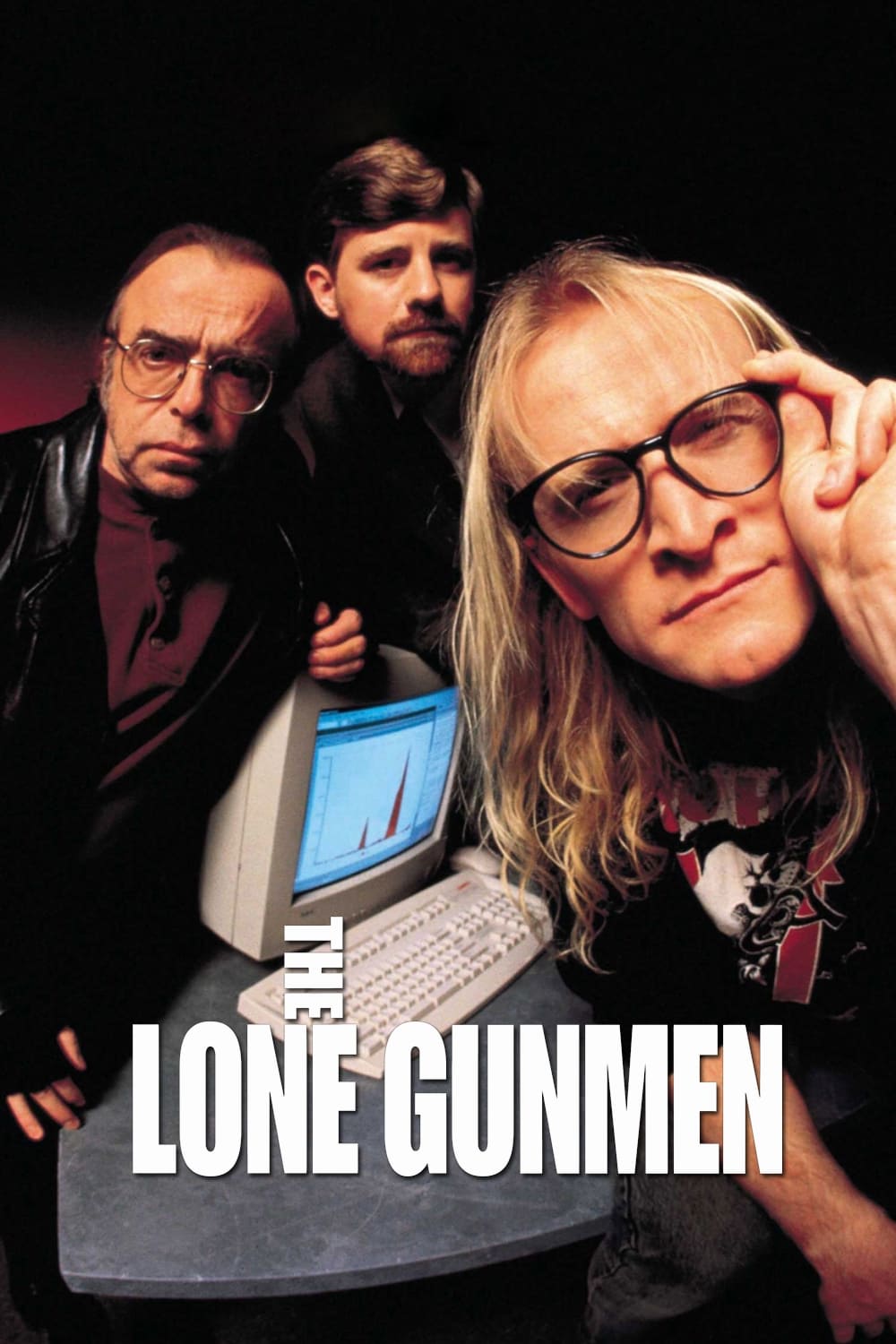
A pilot episode of ‘The X-Files’ spin-off aired just months before 9/11, and its plot was eerily similar to the real event. The story centered on a government plot to crash a plane into the Twin Towers to start a war. This unsettling coincidence is considered one of the most disturbing in television history, and it highlights how fiction can sometimes seem to predict terrible events.
‘Enemy of the State’ (1998)
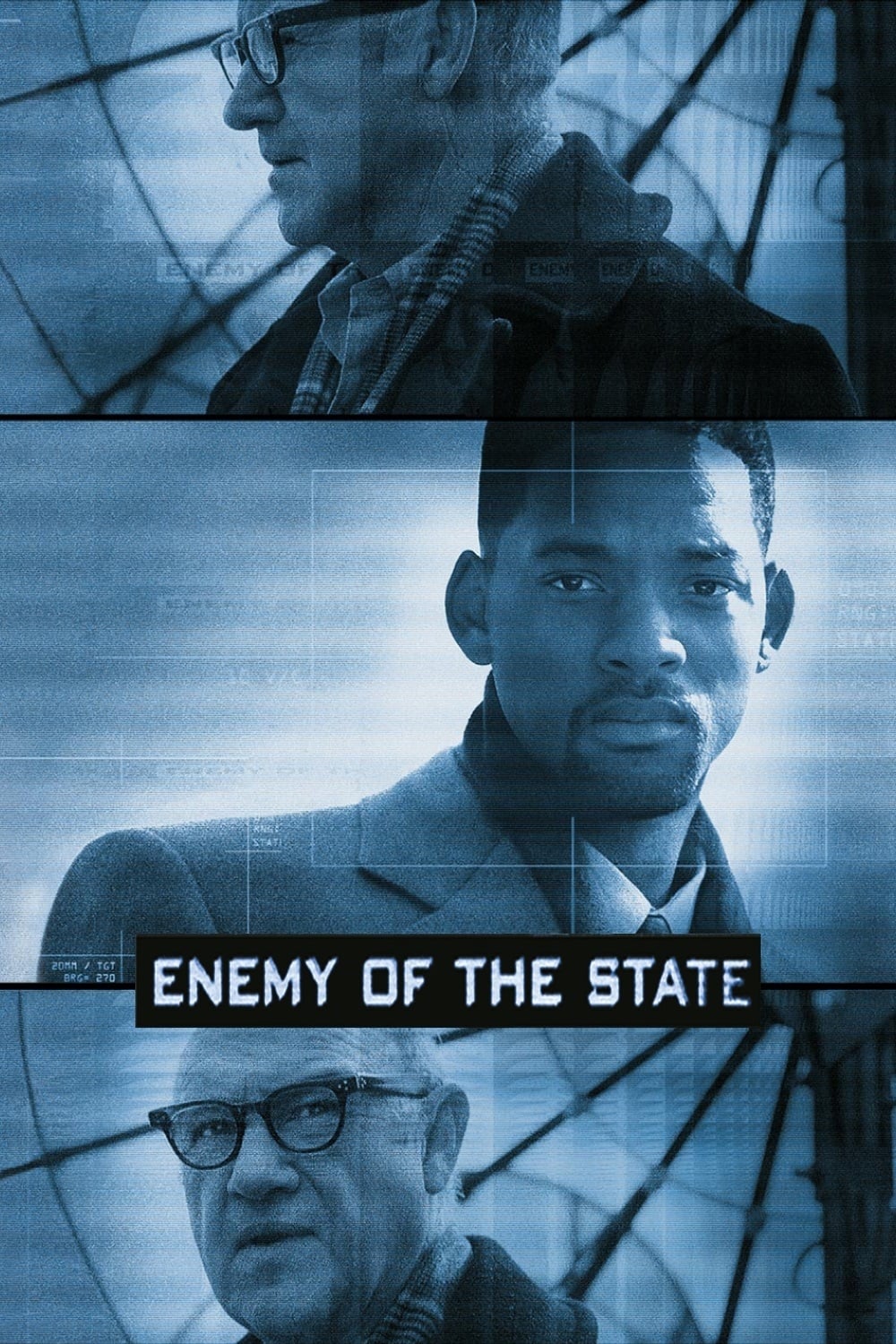
In the film, Will Smith stars as a lawyer whose life is ruined by a dishonest NSA employee who uses high-tech surveillance. When it came out, the movie’s use of tracking and satellite technology felt like something from the future. Interestingly, Edward Snowden later exposed that the NSA actually had similar capabilities. The movie raises important questions about how to balance keeping the country safe with protecting people’s privacy.
‘Wag the Dog’ (1997)
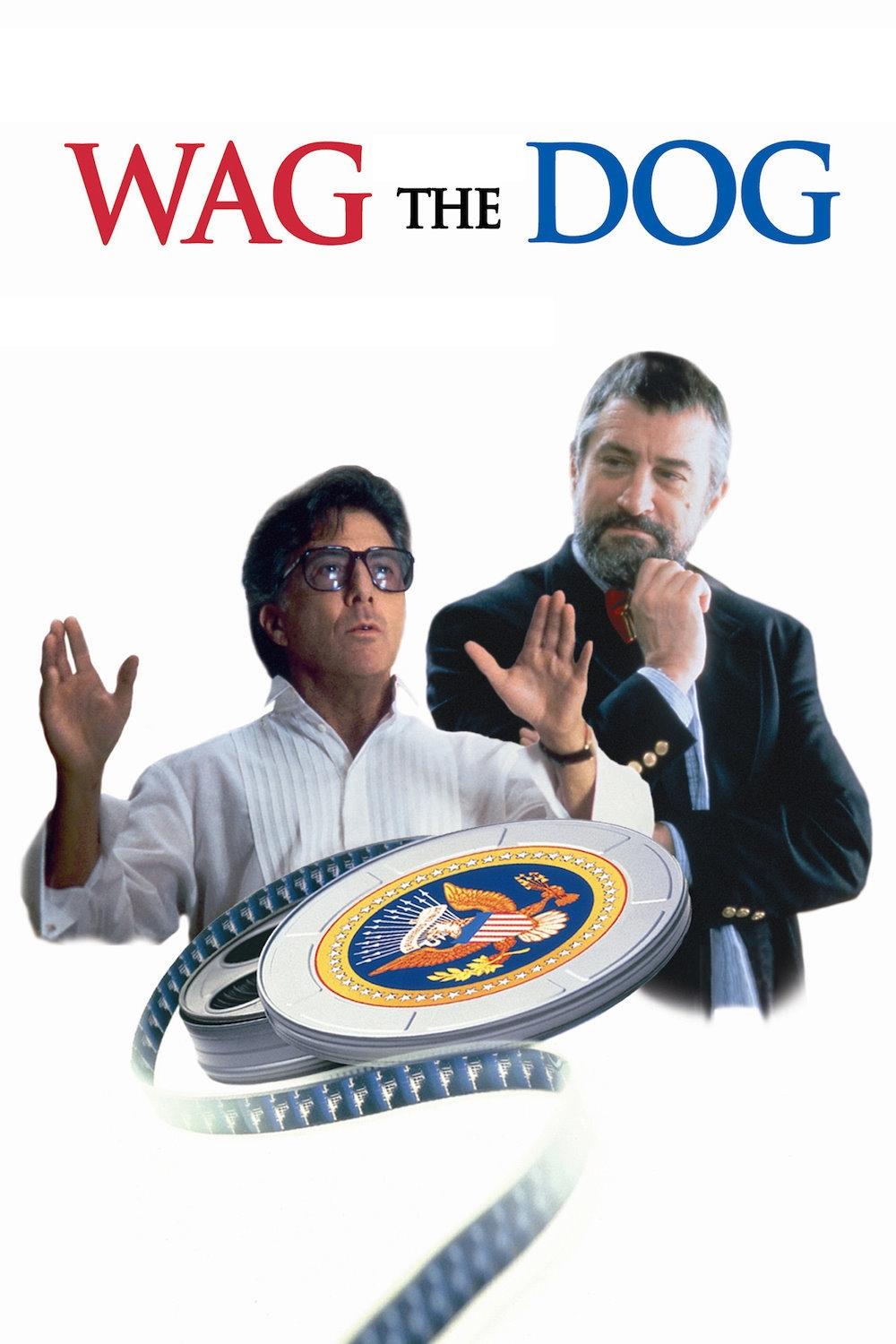
A political strategist and a movie producer create a fake war in Albania to take people’s minds off a presidential sex scandal. The film came out just before the news about Bill Clinton and Monica Lewinsky became huge worldwide. Later, the bombing of a factory in Sudan made people wonder if similar tactics were being used in real life to create distractions. This satirical film has become a lasting example for political experts when they talk about artificially created crises.
‘The China Syndrome’ (1979)
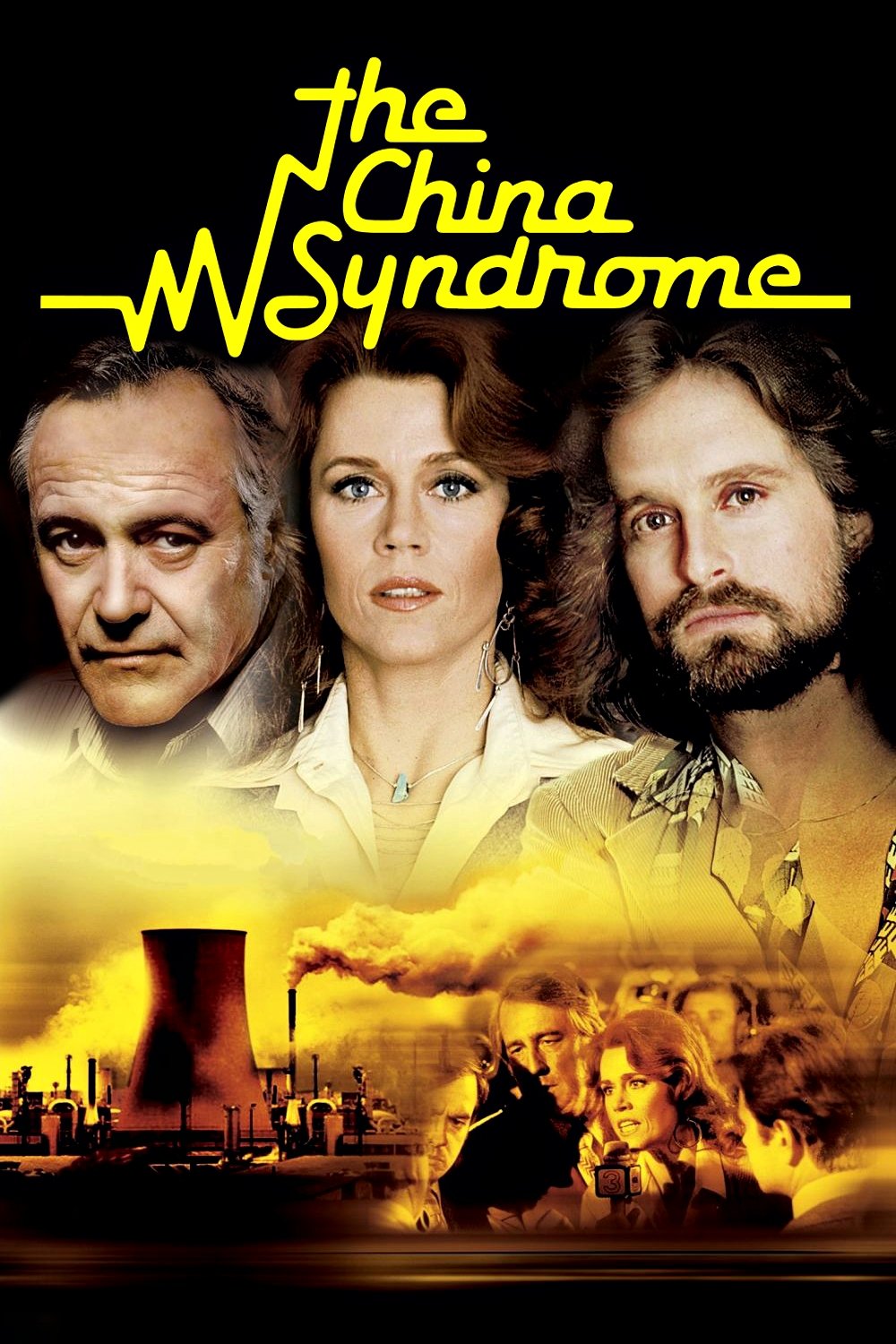
This gripping drama stars Jane Fonda and Jack Lemmon as a journalist investigates potential dangers at a nuclear power plant. The film illustrates how a breakdown in the system could cause a devastating meltdown – a scenario known as ‘China syndrome.’ Remarkably, the Three Mile Island nuclear accident happened in Pennsylvania just twelve days after the movie’s release, transforming the fictional story into a chilling reflection of real-world risks with our energy systems.
‘Network’ (1976)
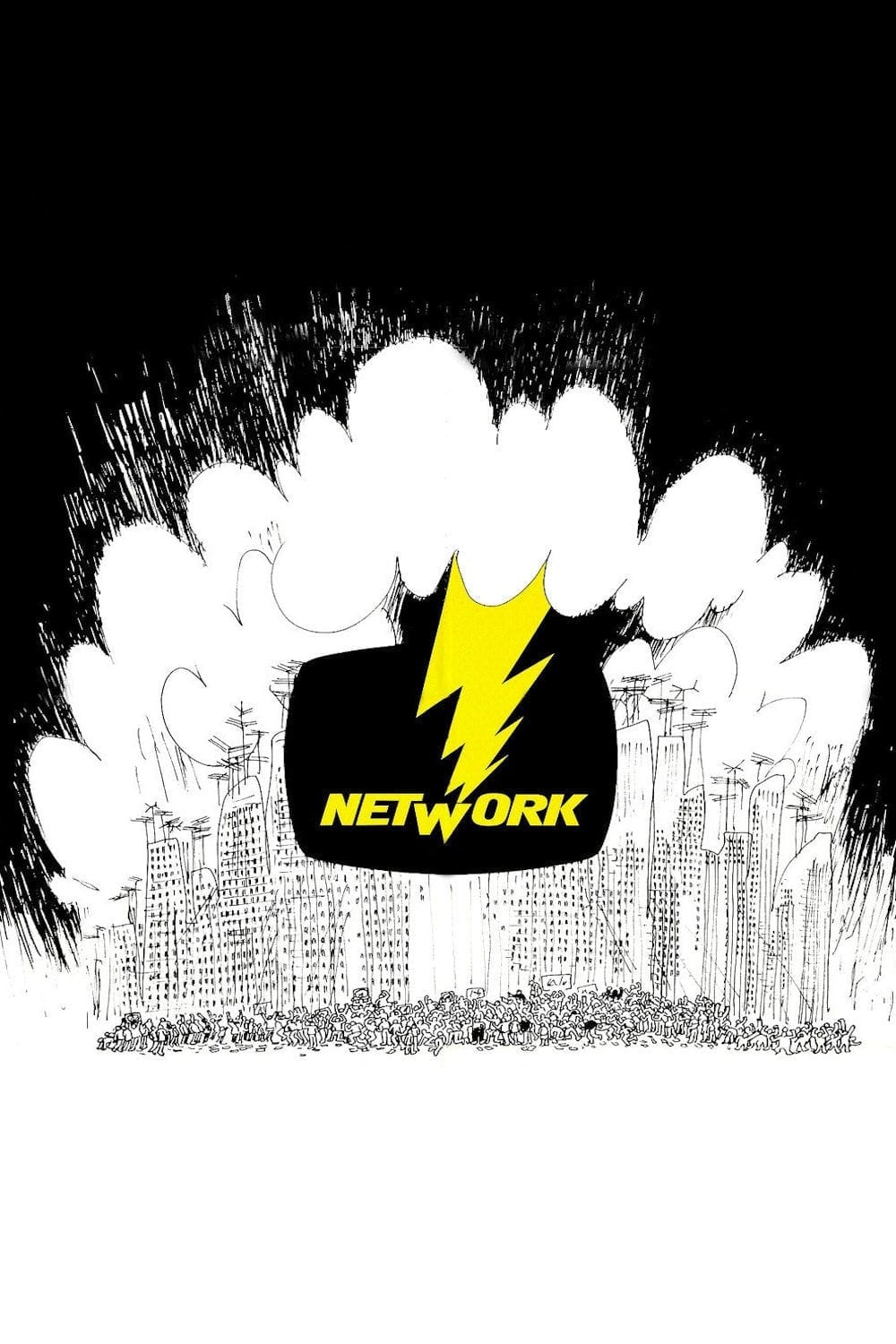
This movie tells the story of a failing TV network that deliberately uses one of its anchor’s personal struggles to attract viewers, turning real news into shocking entertainment. It accurately foreshadowed the popularity of reality TV and how news and performance began to merge. The film also predicted the rise of emotionally charged, populist language in politics, and a famous speech about being fed up with the status quo still resonates with voters today.
‘The Manchurian Candidate’ (1962)
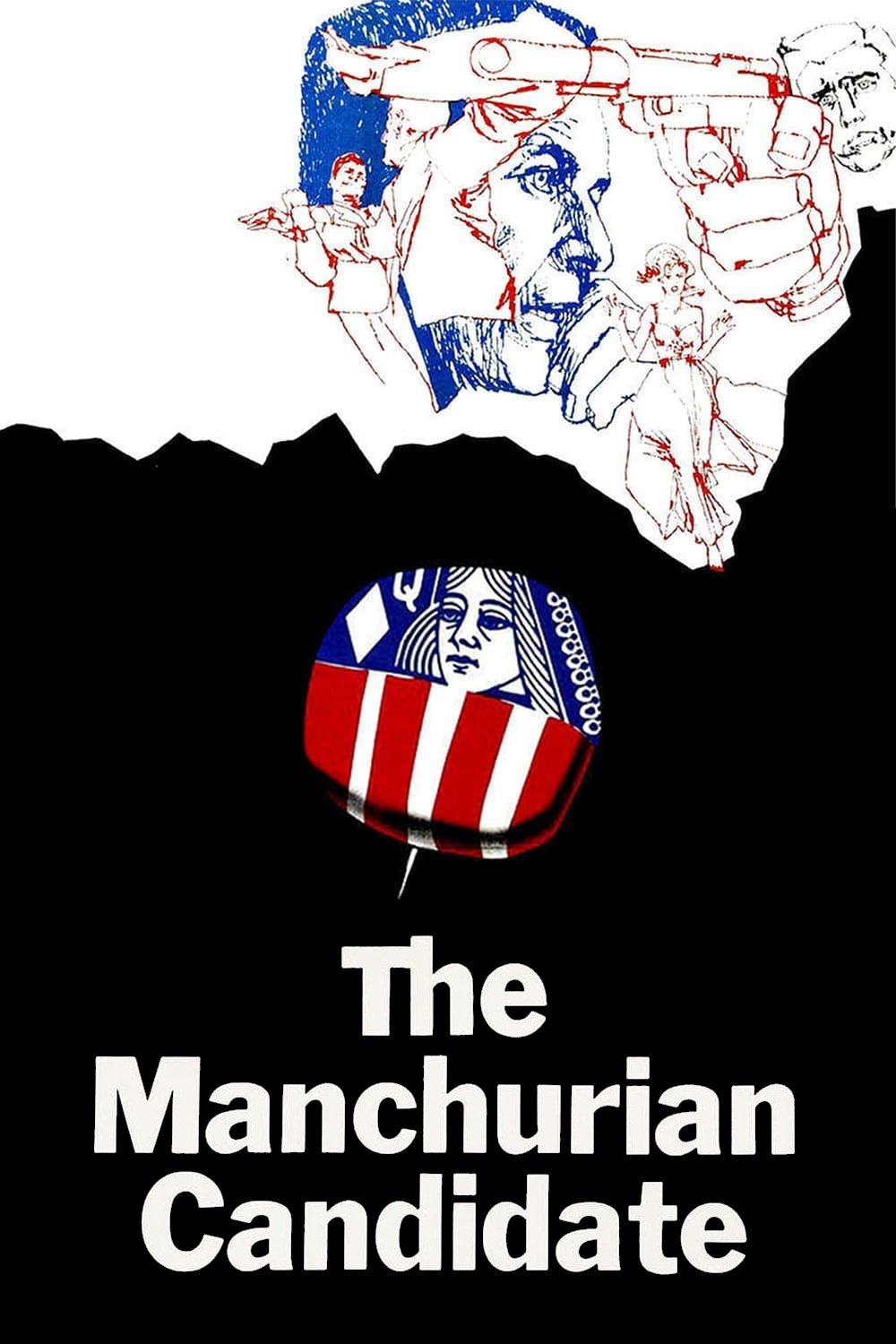
This movie tells the story of a Korean War veteran who is brainwashed and turned into a secret assassin, intended to help overthrow the government. It delves into how foreign powers might try to influence American elections and how they could manipulate politicians. Given current concerns about Russian interference in U.S. politics, the film’s story feels particularly relevant today, and the idea of a candidate secretly controlled by outside forces continues to fuel political conspiracy theories.
‘Three Days of the Condor’ (1975)
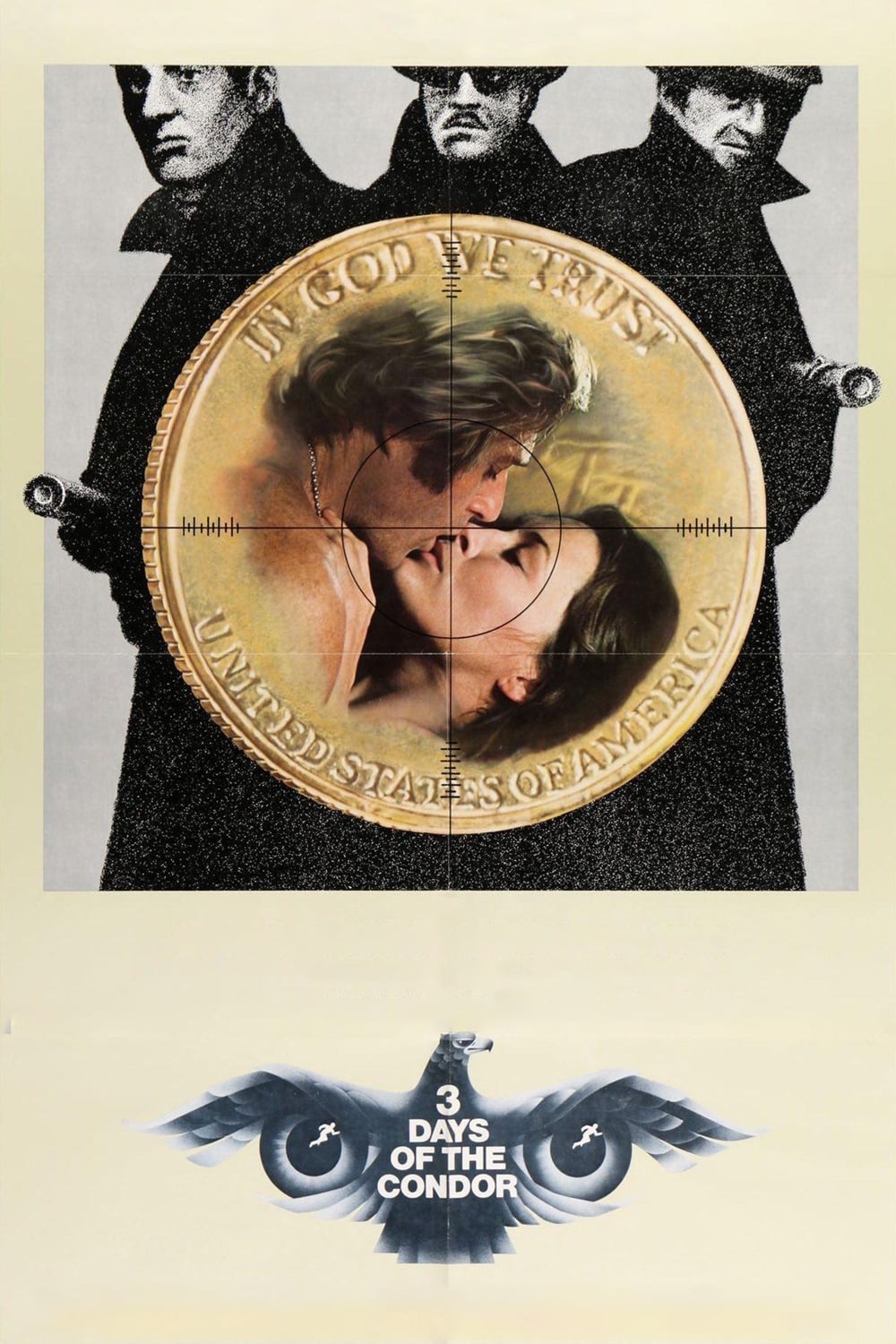
In the film, Robert Redford portrays a CIA analyst who uncovers a hidden plot within the agency to take control of oil fields in the Middle East. The movie implies that intelligence organizations might act on their own, without public or democratic control, to ensure a steady supply of energy. Looking back, the many conflicts that have occurred in the Middle East seem to confirm the idea that wars are sometimes fought to gain control of valuable resources. The film is still considered a key work for its realistic and critical look at how politics and spying work around the world.
‘V for Vendetta’ (2005)

The film follows a masked hero battling a controlling and oppressive government in a futuristic, fear-ridden Britain. It’s famous for the Guy Fawkes mask worn by the protagonist, which later became a worldwide symbol of protest, particularly for the hacking group Anonymous. The film’s portrayal of a government exploiting a virus to seize total control resonated strongly during the COVID-19 pandemic. Ultimately, the story shows how easily people might give up their freedoms in exchange for a sense of safety.
‘The Dead Zone’ (1983)

In the film, Christopher Walken stars as a teacher who develops the power to see the future and realizes a rising political figure is going to start a nuclear war. This candidate, Greg Stillson, is a captivating but extreme outsider who gains popularity by using forceful language and acting unpredictably. After the film’s release, many observers noted similarities between Stillson and Donald Trump’s 2016 campaign. Ultimately, the movie is a cautionary tale about the risks of manipulative leadership within a democracy.
‘Sneakers’ (1992)
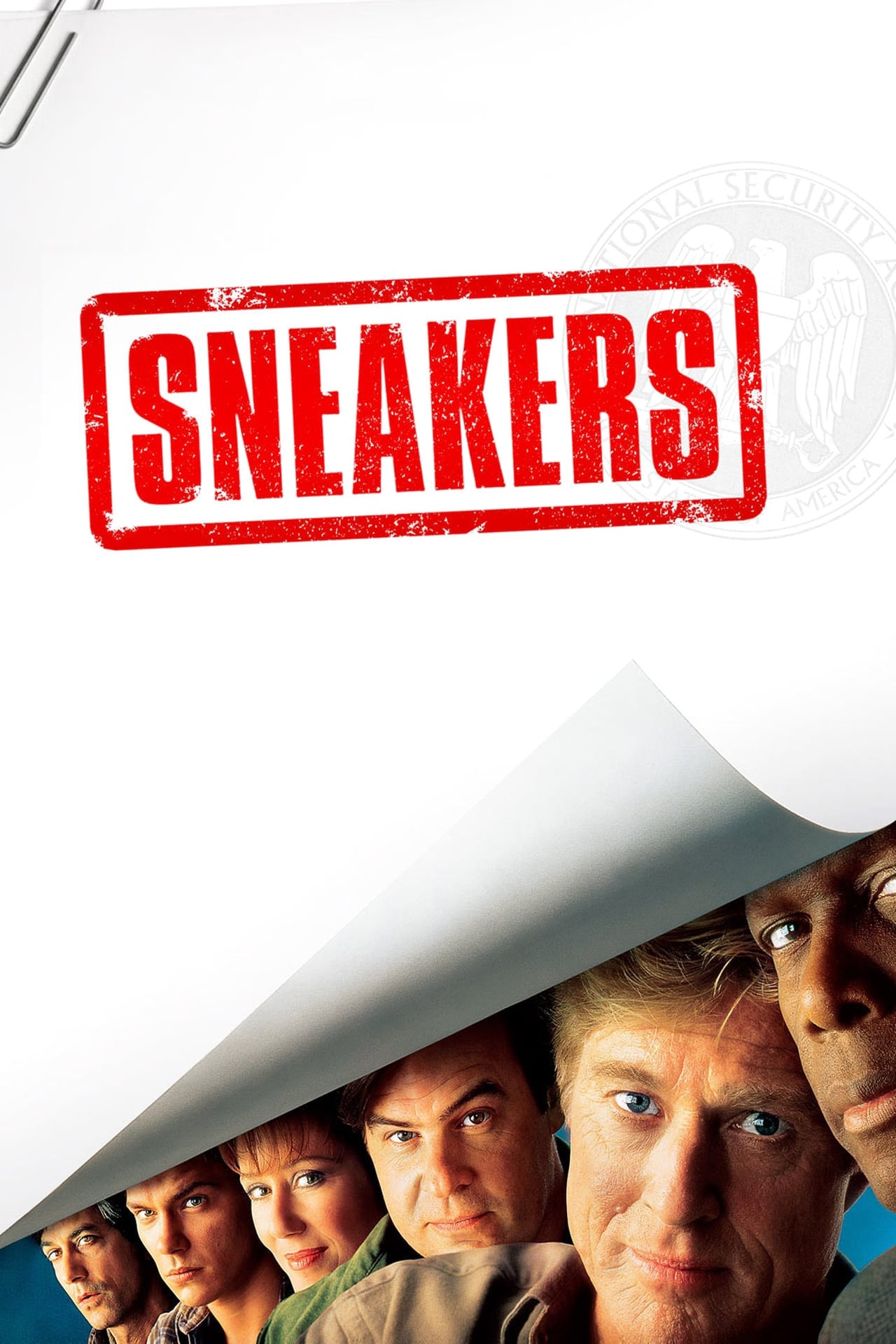
A group of security specialists is forced to steal a device that can break any code or encryption. One character, Cosmo, believes that control of information, not weapons or land, will shape the future. This idea proved surprisingly accurate, foreshadowing today’s world of data collection and cyber warfare. The film emphasizes the incredible power that comes with controlling the flow of digital information.
‘Person of Interest’ (2011–2016)

The show centers around a powerful supercomputer called The Machine, which scans all digital communication to foresee violent crimes. It portrays a world with total government surveillance – every camera and microphone is monitored. Interestingly, it first aired before most people were aware of just how much surveillance intelligence agencies were actually doing. The series works as both a thrilling crime drama and a warning about the potential dangers of artificial intelligence.
’24’ (2001–2010)
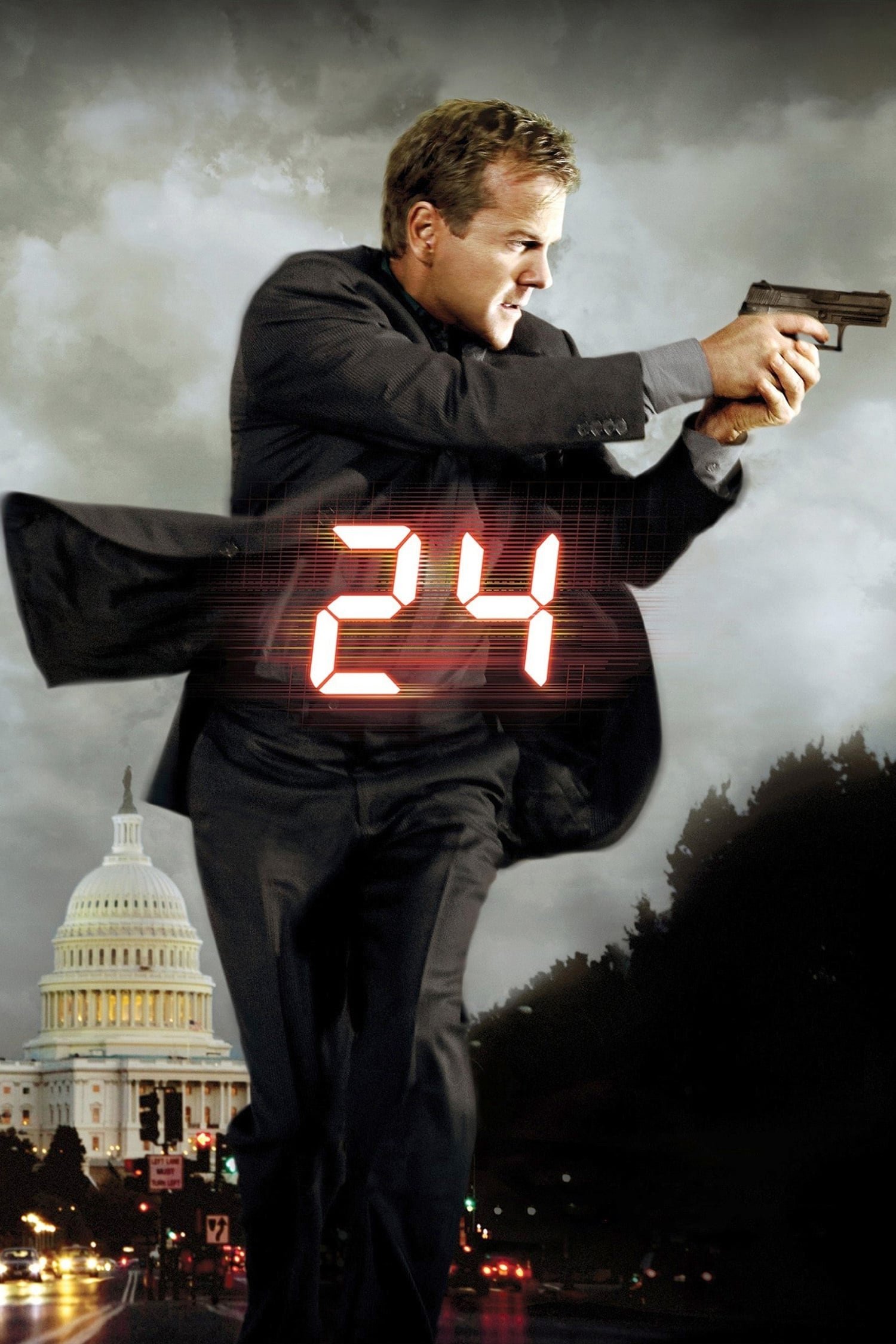
I remember when the first season of this show came out – it was so exciting to see David Palmer as a serious presidential candidate. What really struck me was that it was years before Barack Obama even ran for president, and Palmer was portrayed as such a strong, capable leader. It felt like the show subtly helped people get used to the idea of a Black president, and a lot of people think it actually paved the way for Obama’s eventual success. It was a groundbreaking show, and I think it really did change the conversation.
‘Servant of the People’ (2015–2019)
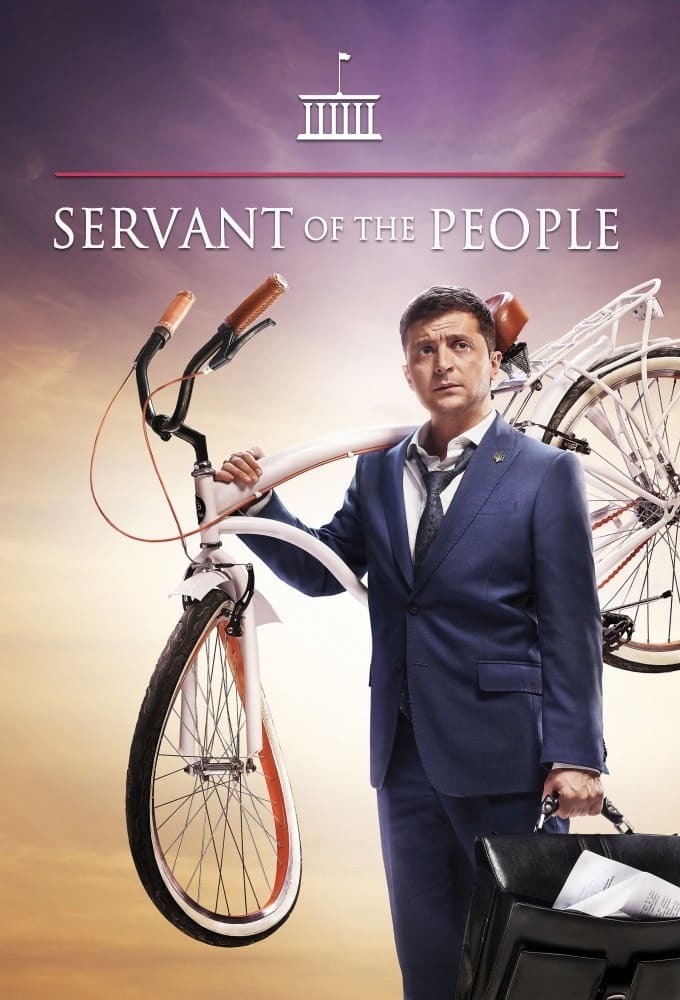
Volodymyr Zelenskyy first became famous playing a high school teacher who unexpectedly becomes President of Ukraine in a popular TV show, after a video of him ranting goes viral. The show’s success led him to start a political party with the same name. Remarkably, Zelenskyy then won the real Ukrainian presidential election by a large margin, mirroring the story of his character. This is a rare instance where a fictional story actually came true.
‘Mr. Robot’ (2015–2019)

A TV show centers around a cybersecurity expert and a hacktivist group who try to eliminate consumer debt by wiping out the data of a huge corporation. The series highlights how vulnerable the world’s financial system is and demonstrates how cyberattacks can lead to real-world problems. Interestingly, actual ransomware attacks on essential services have recently copied strategies from the show. It also realistically portrays the loneliness and power imbalances that often exist in today’s digital world.
‘Minority Report’ (2002)
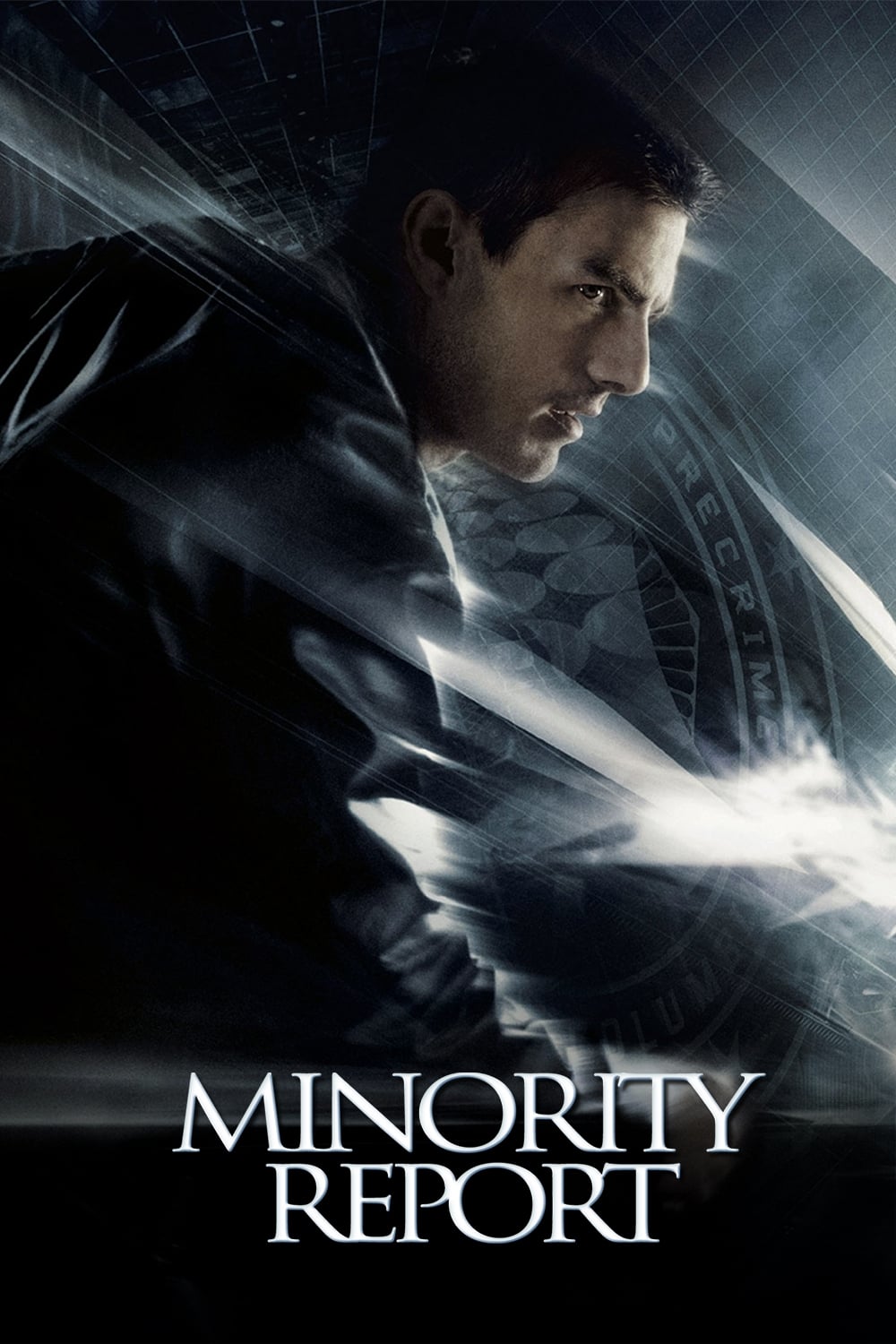
Tom Cruise plays a police officer in a futuristic world where officers can arrest people before they commit crimes, using special psychic technology. The movie anticipated today’s predictive policing methods, which law enforcement agencies around the globe now employ. It also imagined personalized advertising that identifies people by scanning their eyes and shows them specific commercials. What was once science fiction is now sparking real ethical discussions.
‘Soylent Green’ (1973)
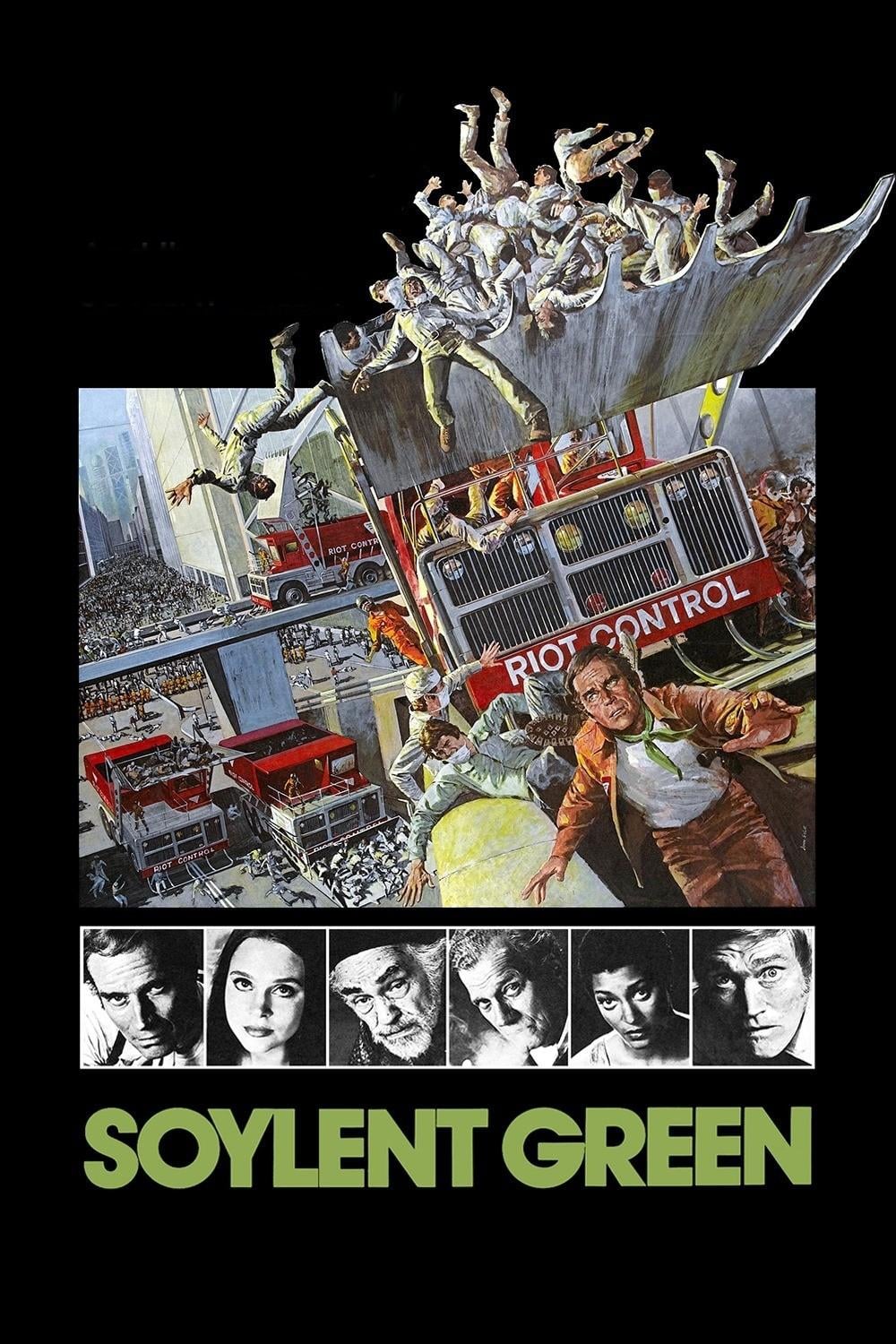
This gripping thriller portrays a future devastated by climate change and a massive population, leading to extreme shortages of everything. While the wealthy live comfortably, most people rely on basic, manufactured food provided by a huge, controlling company. The film accurately foreshadowed the environmental problems – like rising temperatures and dying oceans – that scientists are now warning us about, making it a chilling vision of what could happen if ecological damage and corporate power go unchecked.
‘Seven Days in May’ (1964)
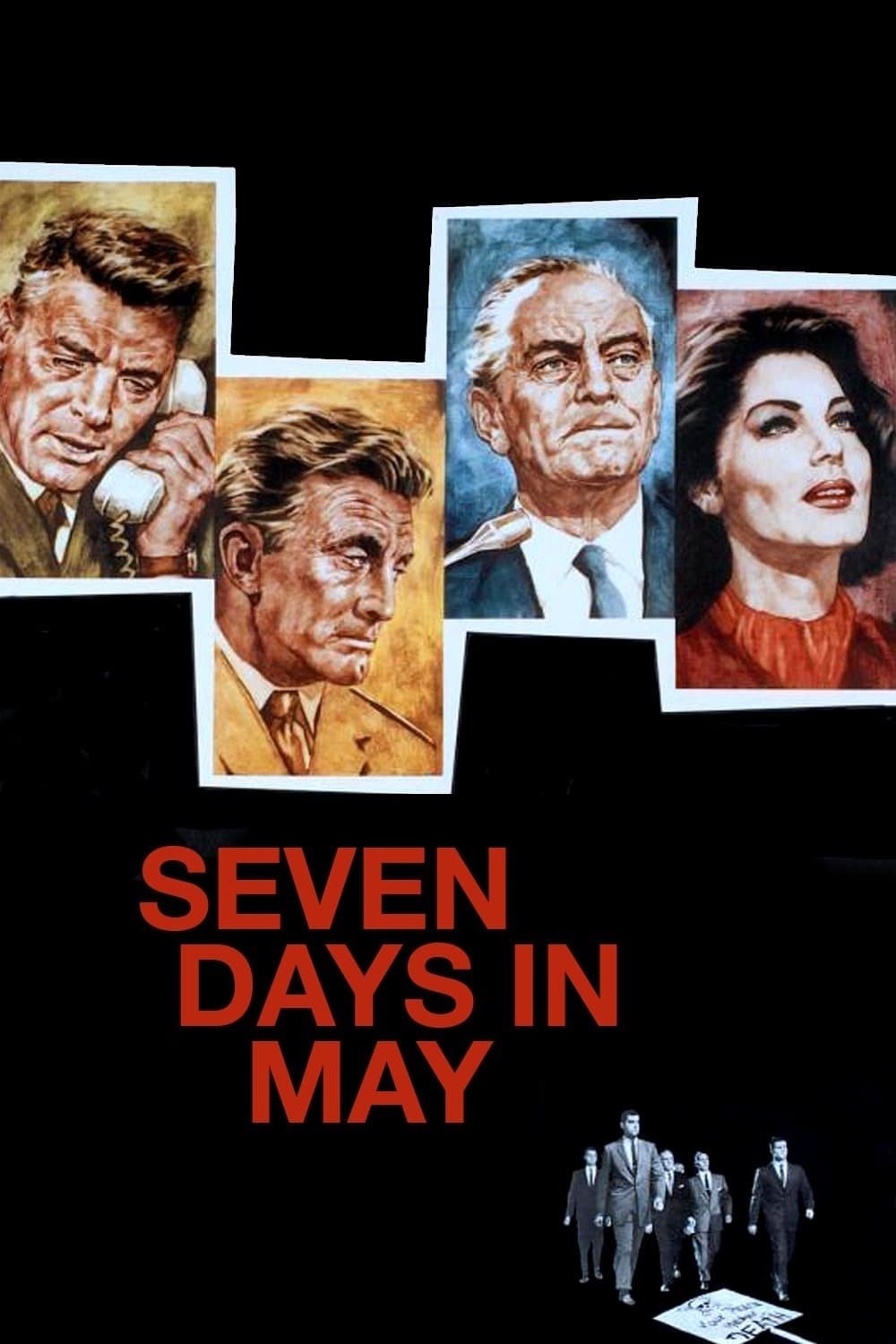
A group of U.S. military leaders secretly plan to remove the President from power, believing his approach to national security is too weak. The film highlights the strained relationship between civilian authorities and the powerful military establishment during the Cold War, and taps into anxieties about a hidden force working against the elected government to preserve military dominance. Ultimately, it raises questions about where the true loyalty of the military lies when they clash with the President’s policies.
‘Black Mirror: The Waldo Moment’ (2013)

An unsuccessful comedian finds unexpected success voicing Waldo, a cartoon bear who jokingly runs for office but unexpectedly gains real support. The story examines how mocking the established order can become a surprisingly effective political strategy, avoiding serious policy discussions. This plotline remarkably foreshadowed the rise of popular leaders who use entertainment and disruption to influence elections, revealing how easily democratic systems can be affected by satire and distrust.
‘A Face in the Crowd’ (1957)

Lonesome Rhodes, a wandering man, is turned into a major media personality by a radio producer. He uses a down-to-earth persona to control public opinion and influence elections to help himself. The film foreshadowed how celebrity and politics would merge in today’s media, and it warned us about the power of media personalities to sway voters.
Let us know in the comments which of these political thrillers you think predicted events most accurately.
Read More
- 2025 Crypto Wallets: Secure, Smart, and Surprisingly Simple!
- Brown Dust 2 Mirror Wars (PvP) Tier List – July 2025
- Gold Rate Forecast
- Wuchang Fallen Feathers Save File Location on PC
- Banks & Shadows: A 2026 Outlook
- Gemini’s Execs Vanish Like Ghosts-Crypto’s Latest Drama!
- HSR 3.7 breaks Hidden Passages, so here’s a workaround
- QuantumScape: A Speculative Venture
- Is Taylor Swift Getting Married to Travis Kelce in Rhode Island on June 13, 2026? Here’s What We Know
- Here Are the Best TV Shows to Stream this Weekend on Hulu, Including ‘Fire Force’
2025-11-27 08:46